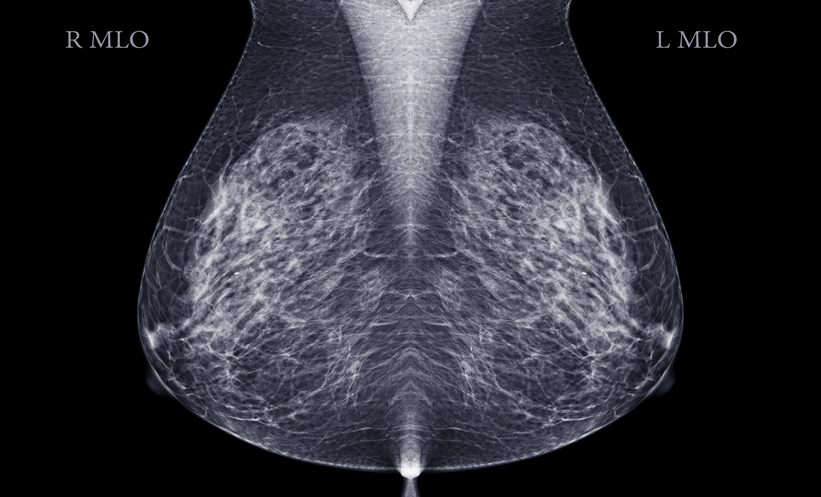AI significantly decreases radiologists’ workload while improving the accuracy of breast cancer screenings, a recent study has reported. Led by Dr Andreas Lauritzen from the University of Copenhagen, the research demonstrated that an AI system reduced the recall rate by 20% and the reading workload by 33%.
Dr Lauritzen’s team used a commercially available AI system, Transpara v.1.7.1 by ScreenPoint Medical, in a retrospective, population-based mammography study. The study compared two patient cohorts: 60,751 women screened between 2020 and 2021 without AI assistance, and 58,246 women screened between 2021 and 2022 with AI assistance. Prior to AI implementation, screenings were double-read by radiologists. Post-implementation, “likely normal” screenings were single-read by one of 19 senior radiologists, while more complex cases were double-read with AI support. The data, collected over two years, ensured comprehensive follow-up and evaluation.
The study found that the recall rate decreased significantly, falling from 3.1% to 2.5% (p <0.001), and cancer detection rate increased from 0.7% to 0.82% (p = 0.01), when AI was implemented. Likewise, the false-positive rate was reduced from 2.4% to 1.6% (p <0.001), and the positive predictive value increased from 22.6% to 33.6% (p <0.001). Additionally, the rate of small cancer (≤ 1 cm) detection increased from 36.6% to 44.9% (p = 0.02), while the rate of invasive cancer detection decreased from 84.9% to 79.6% (p = 0.04). There was no significant change in the detection of node-negative cancers.
Despite the promising findings of the study, Dr. Amie Lee from the University of California, San Francisco, and Dr. Sarah Friedewald from Northwestern University emphasised the need for rigorous studies on AI’s impact across different screening environments. They cautioned against equating increased cancer detection with reduced mortality, highlighting the necessity to understand the biological characteristics of detected tumors.
Ultimately, the results of the study highlights AI’s potential in enhancing cancer detection rates and reducing unnecessary follow-ups, thus alleviating the burden on radiologists. Looking ahead, Lauritzen’s team plans further evaluation with comprehensive two-year follow-up data expected in November 2024. They aim to quantify the individual effects of AI stratification, decision support, and access to prior screenings. The team, equally, remains focused on optimising their current system rather than integrating additional AI tools into their research.
Reference
Lauritzen A D. Early indicators of the impact of using ai in mammography screening for breast cancer. Radiology. 2024;311(3):e232479








